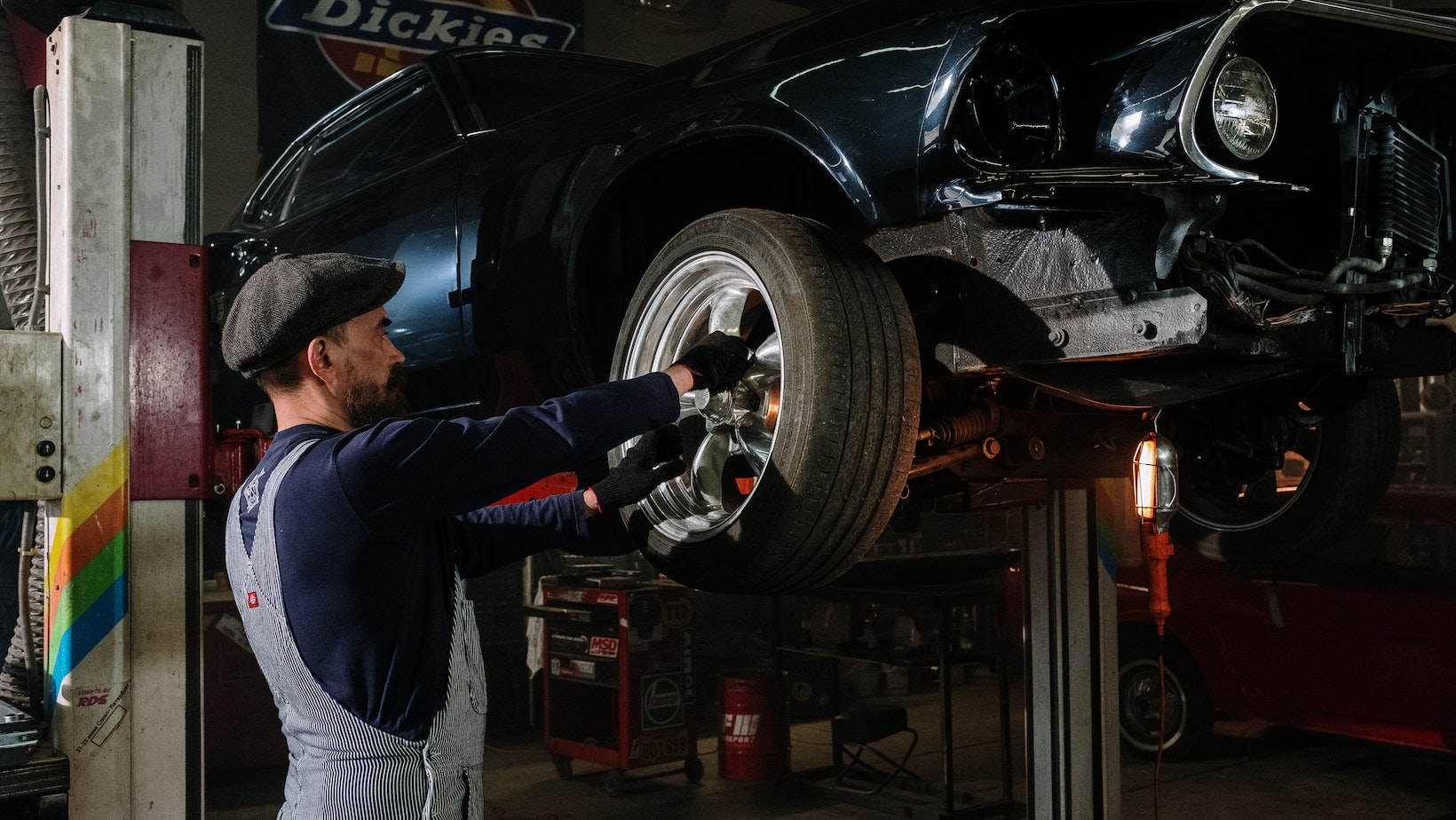If you find yourself facing costly car repairs, you may be wondering if there’s any way to offset the financial burden. Well, here’s some good news: did you know that there is a potential tax deduction available for certain car repair expenses? That’s right – by taking advantage of this deduction, you could potentially reduce your taxable income and save some money in the process.
Car Repair Tax Deduction
The car repair tax deduction applies to individuals who use their vehicle for business purposes. If you use your car for work-related activities such as making deliveries, traveling to client meetings, or visiting job sites, then you may be eligible to claim a portion of your car repair expenses as a deductible business expense on your tax return.
It’s important to note that not all car repairs qualify for this deduction. Generally, only repairs that are necessary for maintaining the vehicle’s functionality and safety will be considered eligible. Expenses related to cosmetic enhancements or modifications are typically not deductible.
To ensure that you can take advantage of this tax break, it’s crucial to keep detailed records of all your car repair expenses throughout the year. This includes receipts, invoices, and any other documentation that proves the nature and cost of each repair. By staying organized and providing accurate information when filing your taxes, you’ll have a better chance of maximizing your deductions and potentially reducing your overall tax liability.
Qualifying Expenses for Car Repair Tax Deductions
When it comes to car repair tax deductions, understanding which expenses qualify is crucial. In general, the IRS allows you to deduct car repair costs that are necessary for maintaining and improving the functionality of your vehicle used for business purposes. This means that if you use your car solely for personal reasons, these expenses may not be eligible for a tax deduction.
Qualifying expenses can include repairs to the engine, transmission, brakes, suspension, or any other component of your vehicle that directly affects its performance. However, routine maintenance such as oil changes or tire rotations typically does not fall under deductible expenses.
To ensure eligibility for the deduction, it’s important to keep detailed records of all your car repair expenses. This will come in handy when documenting and substantiating your claims during tax season.

Documentation Required to Claim Car Repair Tax Deductions
Proper documentation is essential when claiming car repair tax deductions. To support your claim and avoid any potential issues with the IRS, make sure you have the following documents:
- Repair Invoices: Keep copies of invoices or receipts from authorized auto repair shops or mechanics detailing the nature of the repairs performed on your vehicle.
- Mileage Logs: Maintain accurate mileage logs that clearly indicate how much distance was driven for business purposes versus personal use.
- Proof of Business Use: If audited by the IRS, you may be required to provide evidence showcasing how often and extensively you used your vehicle for business-related activities.
By having these documents readily available at tax time and keeping them organized throughout the year, you’ll be well-prepared to claim your eligible deductions confidently.
Limitations and Restrictions on Car Repair Tax Deductions
While car repair tax deductions can provide some financial relief, it’s important to understand their limitations and restrictions:
- Business vs Personal Use: Remember that car repair deductions only apply to expenses incurred for business use. If you use your vehicle for both personal and business purposes, you can only deduct the portion that pertains to your business-related mileage.
- Ordinary and Necessary: The repairs must be considered ordinary and necessary in order to qualify for a deduction. This means they should be typical within the industry and required to keep your vehicle in working condition.
- Capital Improvements: Costs associated with major improvements or upgrades that increase the value of your vehicle may not be immediately deductible as repairs but could potentially be claimed as depreciation over time.
Consulting with a tax professional or utilizing tax software can help ensure that you navigate these restrictions correctly and maximize your eligible deductions.
As you can see, understanding car repair tax deductions involves knowing which expenses qualify, gathering the necessary documentation, and being aware of any limitations or restrictions imposed by the IRS. By staying informed and keeping detailed records, you’ll be well-equipped to make the most of potential deductions when it’s time to file your taxes.







































